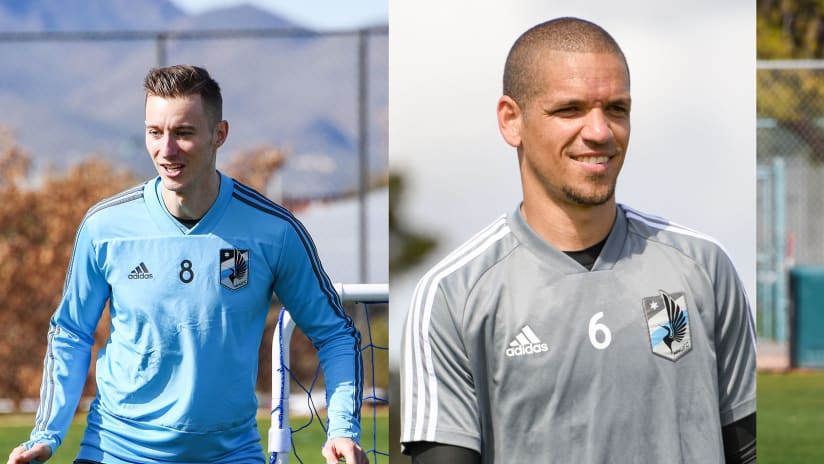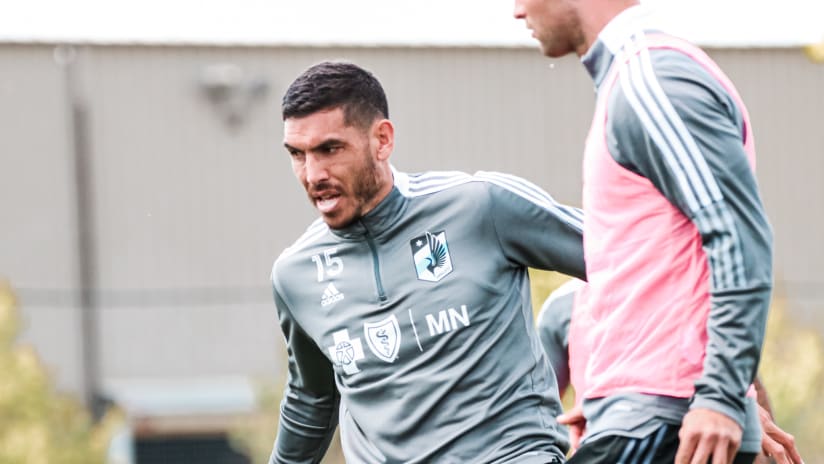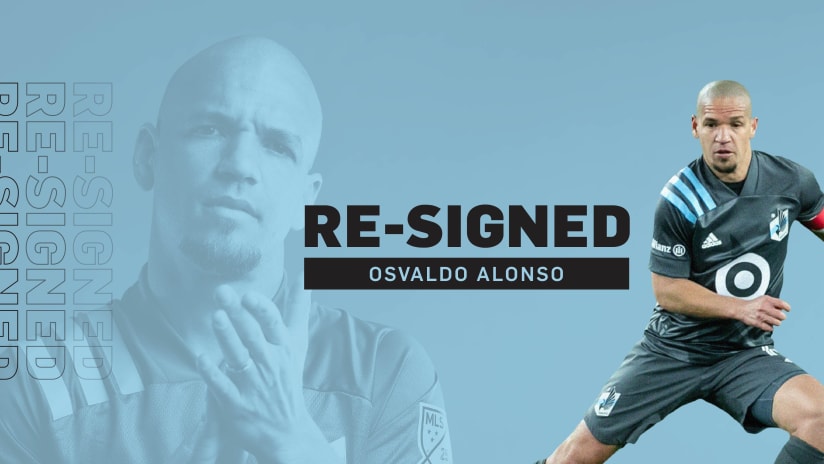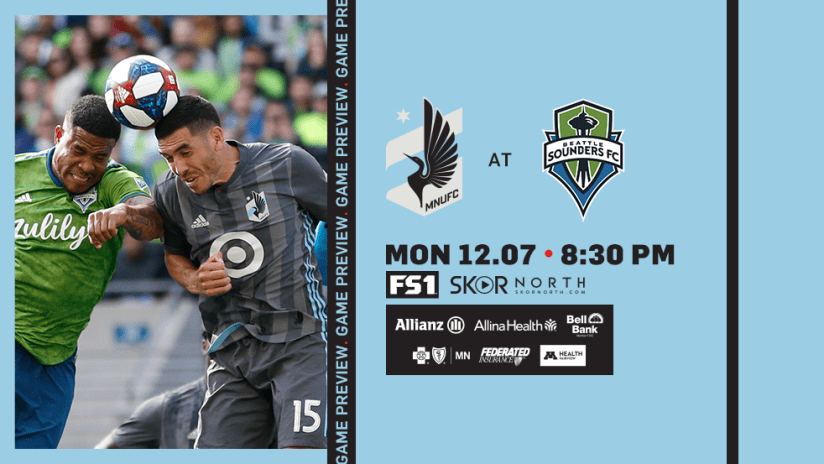While Minnesota United’s offense has often been scintillating in the team’s first two years in MLS — especially with the addition of Darwin Quintero and his highlight-worthy play last season — its defense, from front to back, has left a lot to be desired. There’s simply no getting around giving up 141 goals over two seasons. As Head Coach Adrian Heath likely got tired of saying, it’s just not possible to concede two or three goals, especially on the road, and expect to come away with a win.
A major component of the team’s offseason, then, became strengthening the spine of the team through the midfield and the backline. The marquee signings of the offseason were the team’s third Designated Player Jan Gregus to give the team size and experience with both distribution and defense in the central midfield, former Seattle Sounders captain and MLS champion Ozzie Alonso to give the team defensive grit and bite in the defensive midfield, and 2017 Defender of the Year and U.S. Open Cup champion Ike Opara to provide physicality and stability along the backline.
But what all of them have in common is the experience of playing winning soccer at a high level. While physical skill and tactical know-how can be scouted, evaluated and often grafted into a team wholesale, the special sauce of winning is much more ineffable. It blends chemistry, drive and camaraderie into something bigger than the constituent parts. These three players are being asked to bring that this season, and all have answers when asked what it takes to build a winning team.
“I think first, the mentality,” says Alonso. “You have to believe. If we believe, we have a good chance to make the playoffs first and fight for the trophy. I think every time you step on the field you have to perform, play hard, give everything you have.”
Last season, the Sounders faced the monumental task of pulling themselves up from the bottom of the Western Conference after a disappointing first half of the season. Through 15 games, the Sounders had racked up a 3-9-3 record.
“We saw the table and we're at the bottom of the table,” says Alonso. “And we said, ‘Hell no, we have to get up.’ We talked in the locker room, and all the players say, 'Guys, we're not gonna finish 12th, we're gonna make the playoffs.' So the guys focused and prepared to do something good. From that moment, we stepped up. Everybody focused on doing their thing and we got nine straight wins.”
Gregus, who played for successful FC Copenhagen teams in the Danish Superliga in the past two seasons, echoes Alonso’s feeling that it’s about a collective buy-in.
“It comes down to one thing: play as a team,” he says. “Defensively, offensively. I think when we stick together, we will have a good season. I can feel from the start that there is good quality in the squad. Be together, stick together. Do the right things tactically and then the success will come.”
Somehow, it sounds neither like rocket science, nor particularly easy to achieve. It’s one thing to say a team needs to believe, that it needs to play as a team in order to win. There needs to be an element of consistency in terms of players always showing up to win, but there also needs to be an openness to the inevitable changes and adjustments that happen throughout a long season. In little ways, a team has to work constantly to build confidence and swagger while also staying icy and levelheaded.
“Man, we could do a podcast on this whole thing,” says Opara, acknowledging the complexities involved with building a successful team. “I think there's a lot of elements that go into winning and a winning culture. It's from the top down, from staff you don't even see to the faces of the front office to the players and the trainers and the admins. It's a formula that's not easy to replicate or figure out, but I think for players — just staying with players — [it's about] putting in the work, especially in the preseason. If you put in the work now and you start to get on the same page, it's much easier as the year goes on.
“You're not going to be able to turn it on come April, May,” he continues. “You really have to put in the work and come in day in and day out and strive for winning everything. In training, win your battle, win your small-sided game, win whatever competition or drill is being done by the coaching staff. That's where it starts: getting that mentality of not wanting to be in second place.”
Like any journey, the journey of an MLS season begins with a single game, but as Opara points out, it begins well before that. It begins over and over, in fact, at every training session and with every drill. Alonso, Gregus and Opara were all brought in for their specific soccer skills but also to provide the royal jelly to bring the team together in a durable, gritty way. It will be a season-long project, but we’ll get our first taste on Saturday against Vancouver.





